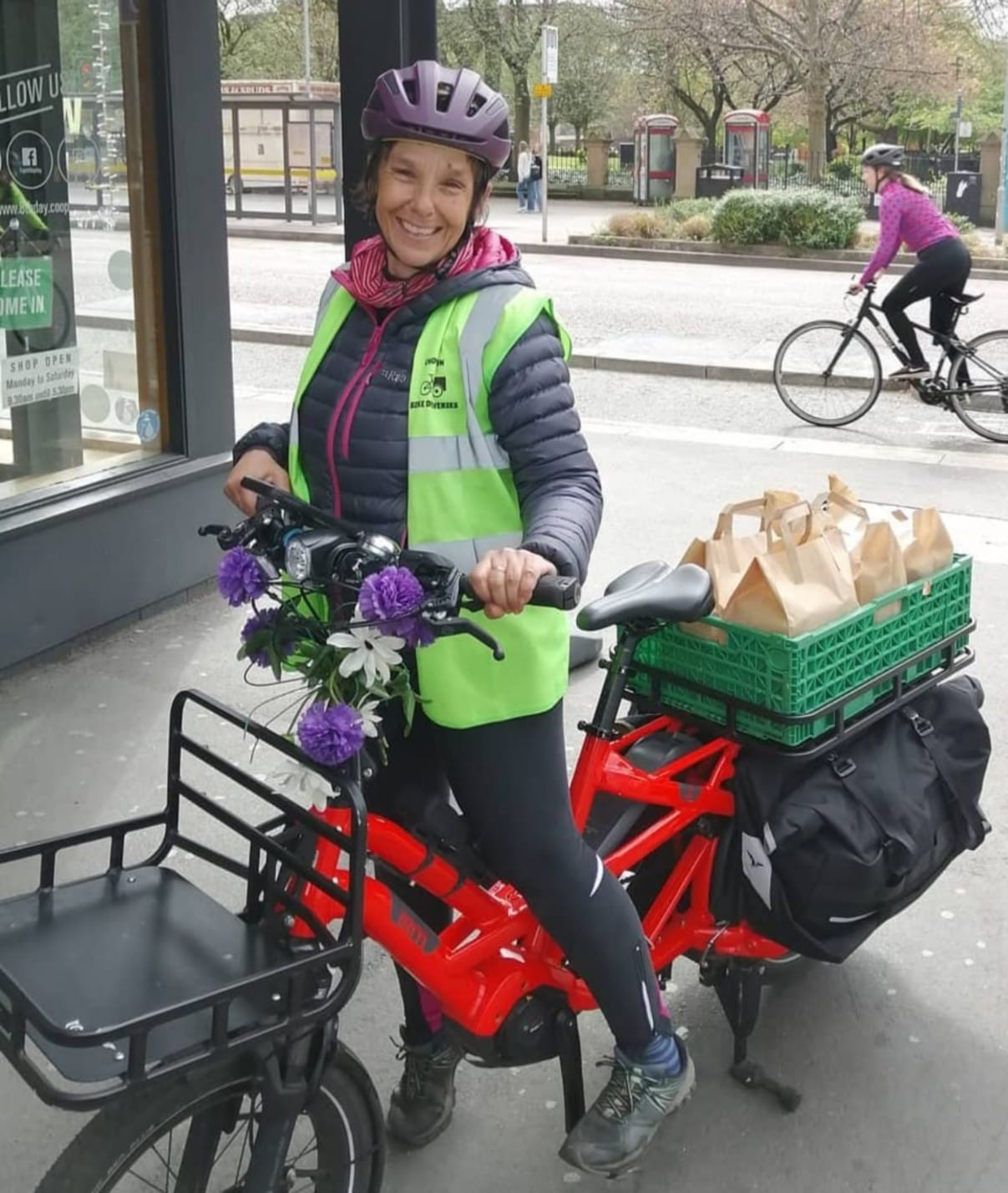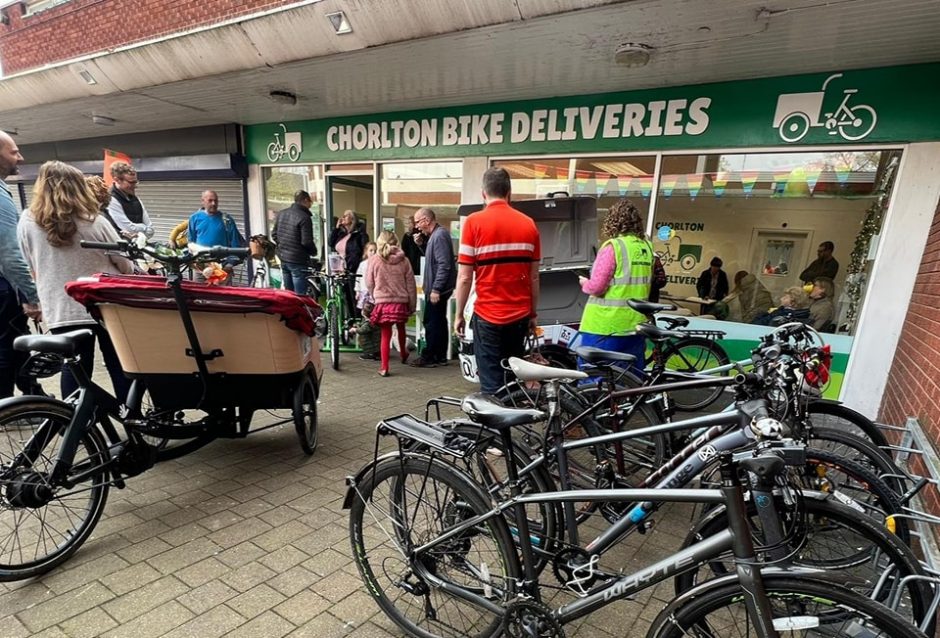Covid-19 hit the world of work when conditions were already precarious. In 2019, the global jobless toll was on the rise and one in five of the world’s workers – 66% in low-income countries – lived in extreme or moderate poverty. At the same time involuntary temporary, part-time and casual work, including zero-hours contracts, subcontracted labour and self-employment, were on the rise, as was the platform economy.
In 2021, the International Labour Organization (ILO) had its Global Commission on the Future of Work identify the drivers for the growth of platform work, such as the demand for greater flexibility and a better work-life balance. Platform work also gives labour market access to those forced by ill health to work from home.
But non-compliance with labour standards gives platform businesses an advantage over businesses that stick to their obligations. Furthermore, warns the ILO, this type of business may be prone to inflicting economic insecurity through low wages, unfair terms of work, and lack of clarity about employment status.
The pandemic threw harsh light on these issues and now the ILO has decided to set a standard on the platform economy.
It is challenging to categorise platform work particularly due to the difficulty of agreeing on a common denomination for it. The gig economy, to collaborative economy, sharing economy, on-demand economy and crowd employment are just some of the terms used to describe it.
What is platform work?
The ILO, on the other hand, has used the concept of ‘digital labour platforms’, which “include both web-based platforms, where work is outsourced through an open call to a geographically dispersed crowd (“crowdwork”), and location-based applications (apps) which allocate work to individuals in a specific geographical area”.
Meanwhile, the OECD defines platform work, covering both crowdwork and location-based work, as “transactions mediated by an app (i.e. a specific purpose software programme, often designed for use on a mobile device) or a website, which matches customers and clients, by means of an algorithm, with workers who provide services in return for money.”
Where do platform co-ops fit in?
A 2021 report by the ILO highlighted alternative business models currently being deployed by platform workers across the world to “reclaim their civil-political and economic rights in the platform economy”, including platform co-operatives. The report details how technology freelancers have leveraged the co-operative model successfully for labour market intermediation in countries like Argentina, Kenya and the United Kingdom. The report argues that “platform co-operativism” is emerging “as a social and solidarity economy (SSE) enterprise alternative to the dominant platform model.
Co-ops working together
In recent years workers in different countries have come together to sell goods and services via a jointly owned platform. Coop Cycle, a European association of bike delivery co-ops, has developed a software connecting bike-delivery workers, clients and sellers. The software is available to any social and solidarity economy organisations that offer employment contracts to worker-members. In addition to providing the software and smartphone application, Coop Cycle also helps affiliated co-ops develop a commercial offering via a common offering for key accounts spread across several cities. These pooled services are funded through co-op membership fees (51%) with the remaining funding coming from donations, subventions, restaurant and shop owners user fees and other partnerships.

One of the co-ops supported by Coop Cycle is Chorlton Bike Deliveries (CBD) in Greater Manchester, UK. A multi-stakeholder co-op, CBD offers car-free delivery of goods to local residents, businesses and community organisations using e-cargo bikes and trailers.
“You do feel very much part of a co-operative with Coop Cycle. You’re involved in the development of the software. And whenever you want advice or support you can go there,” says CBD founding member Debbie Witton, who has 25 years of experience as a community trainer and welfare rights activist.
She explains that CBD started in March 2020 in response to the pandemic, as an attempt by local volunteers to support the local hughstreet and people shielding. Witton is no stranger to the world of co-ops, having been involved in the Eighth Day co-op in the ‘80s.
“We decided to become a co-op because it was in line with our values,” she says. “One of the things that we wanted to do as we grow was to provide decent employment for young people. It [the co-op model] fitted with our values really of equality and inclusion”.
All delivery drivers receive an hourly rate of £11, meaning that CBD is an accredited Living Wage employer.
“This accreditation was a great step forward for us in becoming an employer of choice in the local area. We are committed to keeping our rate of pay in line with the national living wage,” says Witton.
The co-op has four part-time staff on payroll at the moment (two deliveries co-ordinators and two NHS riders doing the daily runs), along with several freelance riders.
“We’ve all lived in our community for many many years,” says Witton. “The support that we get locally and connections and networks, really are, where our success lies.”

The project was backed by the Hive, Co-operatives UK’s business support programme run in partnership with the Co-operative Bank. Unicorn, a local worker-owned grocery, also helped them create a suitable governance model using sociociracy.
All traders are members, as are riders and some of their community supporters. Not all members are involved in the actual day-to-day running of the co-op, so they are currently exploring the community interest company and community benefit society models, which, says Witton, could be a better fit for a community focused initiative.
All the co-op’s deliveries are scheduled. “That kind of fast individual, on demand stuff we don’t get involved with. It’s absolutely impossible to compete with the big providers,” says Witton. Her advice to others looking to set up a delivery co-op is to start small, get involved with Coop Cycle, and grow slowly.
The co-op’s work includes home deliveries for Unicorn Grocery customers, operating a Trishaw scheme across South Manchester, picking up medical specimens from GP surgeries and delivering them to local hospitals, and delivering hot meals in partnership with Tibetan Kitchen Fantastic Food project. With support from GM Recycling Fund, the co-op’s delivery drivers also collect reusable household items to take them to charity shops, homeless projects, and refugee organisations. As part of another project with Refugee Aid (Care UK), CBD helps to revive unused bikes to be used by asylum-seekers and refugees, with the support of one of its volunteers who is a bike mechanic.

Going forward, Witton says the co-op’s members hope to make it “a thriving business” and plan to employ more staff members as additional work comes in.
“I think for those of us who’ve set it up, we’re all of a certain age, we would love to see this become a thriving co-operative, to carry our values forward with self-governance and equality and offering decent employment for other young people where we’re basically reducing carbon emissions, getting cars off the road, supporting our local community and offering decent employment. I’d love for that to be our legacy,” she says.
As to the platform co-op movement in general, the ILO recommends that it devote more attention to data as the core value proposition in the platform economy and work through the challenges to build intelligence capital that maximises collective benefit for workers, producers and consumers. The key, thinks the ILO, lies in data collectivism, which the UN body argues “can provide the golden mean between the solidarity economy ethos of the co-operative movement and the techno-design possibilities of platforms.”
As the ILO moves to set a standard on the platform economy, co-ops have the opportunity to make their voices heard to ensure their views are taken into account.